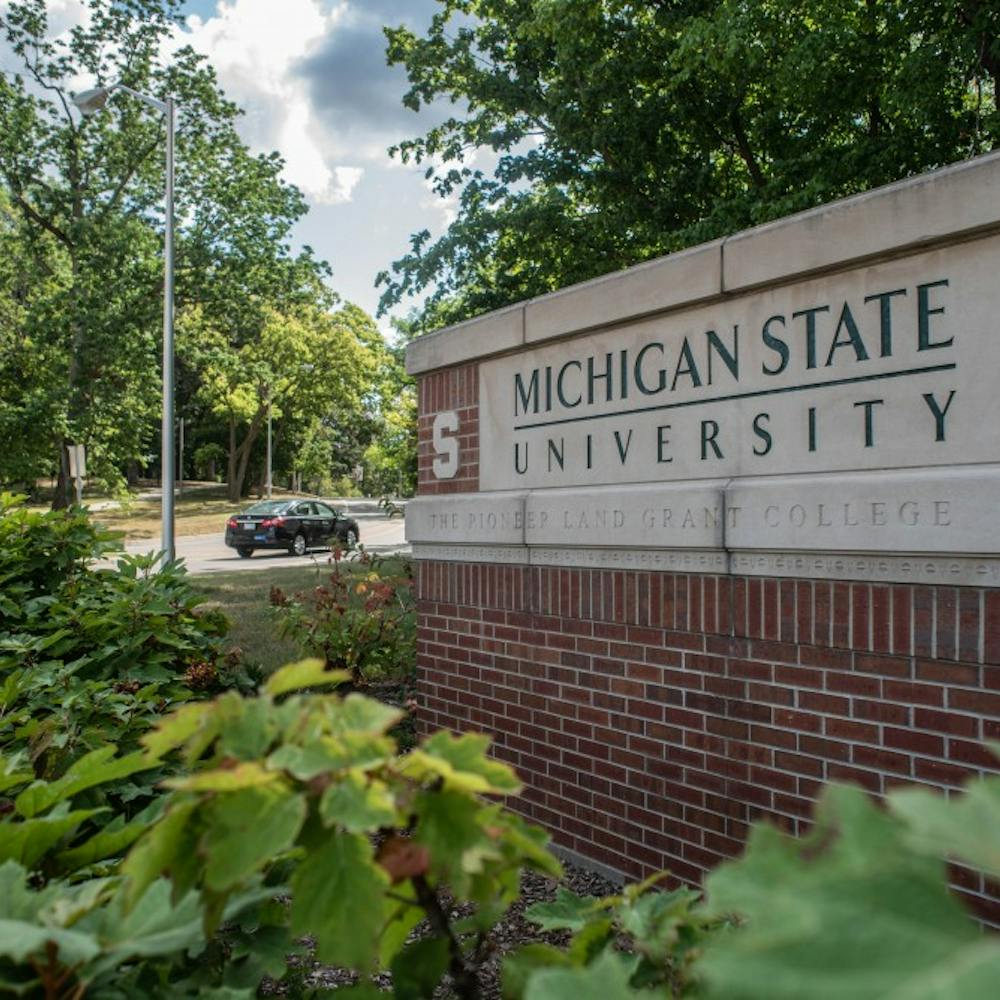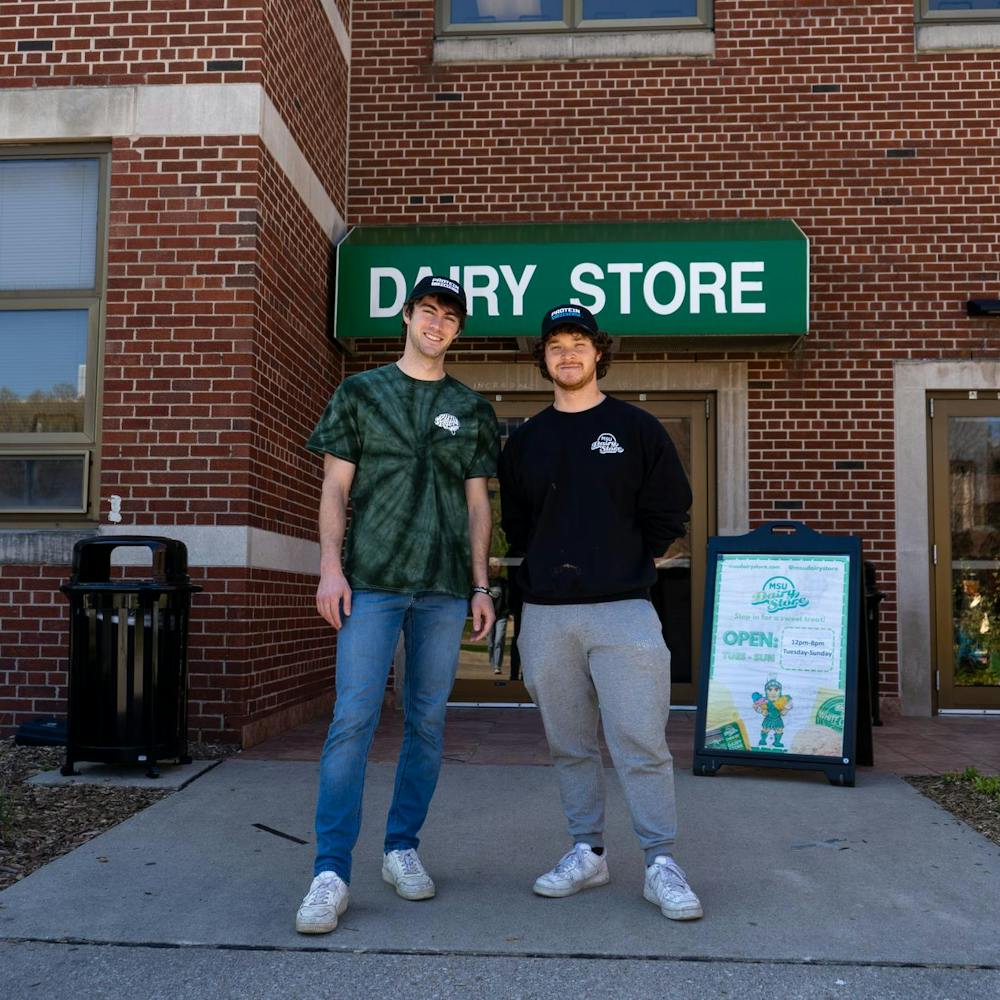A new service is trying to keep college-bound families shopping online without breaking the e-piggy bank.
Upromise, an online-based service, gives families the opportunity to put money away for college every time they buy toys, gasoline or even a new car.
But, the credit card purchases must be made from one of the companies who are teamed up with the service.
Exxon Mobil Corp. gives participants up to $0.02 for every gallon of gas they purchase, while AOL Time Warner Inc. gives $50 to an account if a person signs up or refers a friend to its services.
Jeff Bussgang, co-founder of Upromise, said it’s important that people are aware of free money for college.
“A huge pressing need is an issue of college affordability and your students certainly know that,” he said. “Money has been shifting from grants and scholarships to loans and yet more and more people see a college degree as a fundamental ticket to the middle class level.”
He said the program started in April 2001 and they plan on adding new programs and companies to their roster.
Anne Roman, spokeswoman for Borders Inc., said the book and music company was very comfortable making a partnership with Upromise.
“We were impressed with the organization itself,” she said. “The objectives of Upromise were aligned with our objectives. Generally, I would say some of the things we hope to achieve are a greater bond or loyalty with our customer base.”
Breanna Isbell-Shepherd, a journalism junior with two children, said she thought Upromise was a good idea.
“As long as they were products I would use anyway, I would like to get an incentive out of it,” she said. “If they’re tracking their spending it seems like it could be a telemarketing tool.”
Economics Professor Charles Ballard said he thinks companies involved with Upromise could use the program to gain good will with communities - but it definitely helps them gain product recognition.
“It sounds like it’s a pretty good marketing strategy,” he said. “The best case scenario for the companies is that they might be able to get some customers who will stay with them for many, many years.”
Ballard said he thinks the economy could hurt or help Upromise’s chance of survival.
“If the economy is going bad and people are pinching pennies to find ways to save for college, then that would tend to encourage these programs,” he said. “On the other hand, if the economy is going badly and people’s incomes are being reduced there will be less funds to go around for a variety of reasons.”
Venecia Burner, financial consultant for Salomon Smith Barney, Inc., said families saving together during slow economic times is a good way to provide for childrens’ futures.
“People are concerned about the inflating costs of college,” she said. “They feel more comfortable with companies who they are already spending money with and it’s free.”
Salomon Smith Barney, Inc. is one of two investment firms that run Upromise’s 529 plans. Burner said her entire family is enrolled in the program to save for her 7-year old nephew. But she warns that the program is not for everyone.
“The only downside would be for someone who is in a grave position to not be using their credit card,” Burner said.
Microbiology graduate student Les Dethlefsen, who has two children, said he is not sure if he’ll use the program for his children, but wondered how much the public would benefit from the service. He said Americans who rely on credit cards when cash isn’t available might go a bit overboard.
“(General Motors Corp.) and the other big companies are the ones who are going to try to mine my credit card purchases,” he said. “It will succeed, not because it’s good, but because the public has a lot of traits that will feed into them.”




